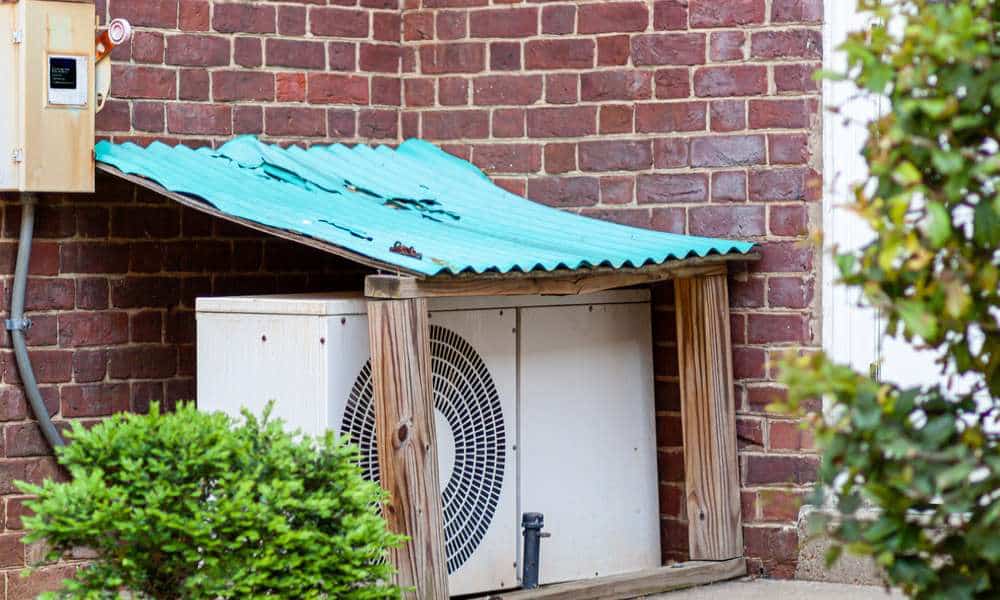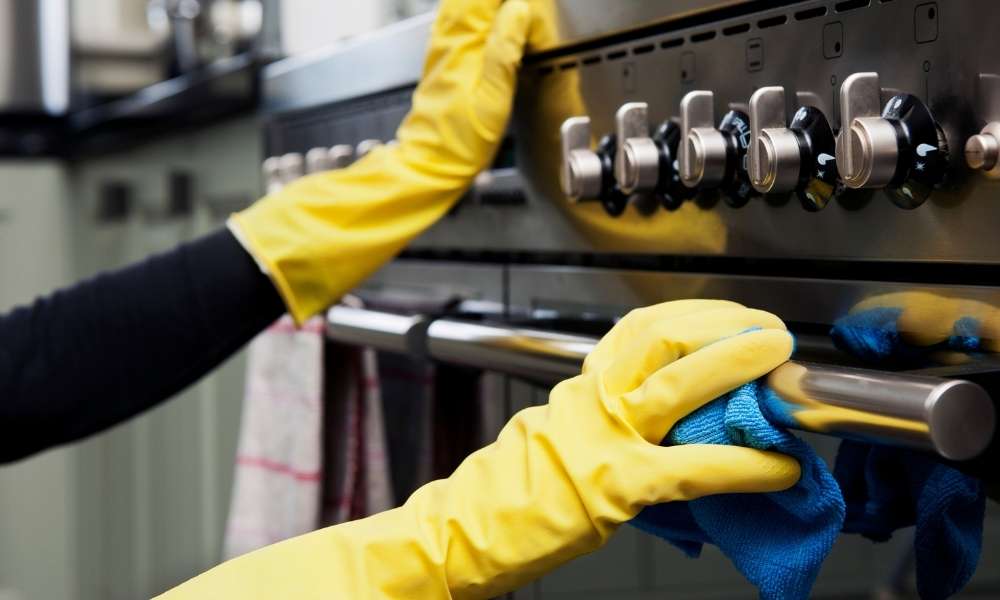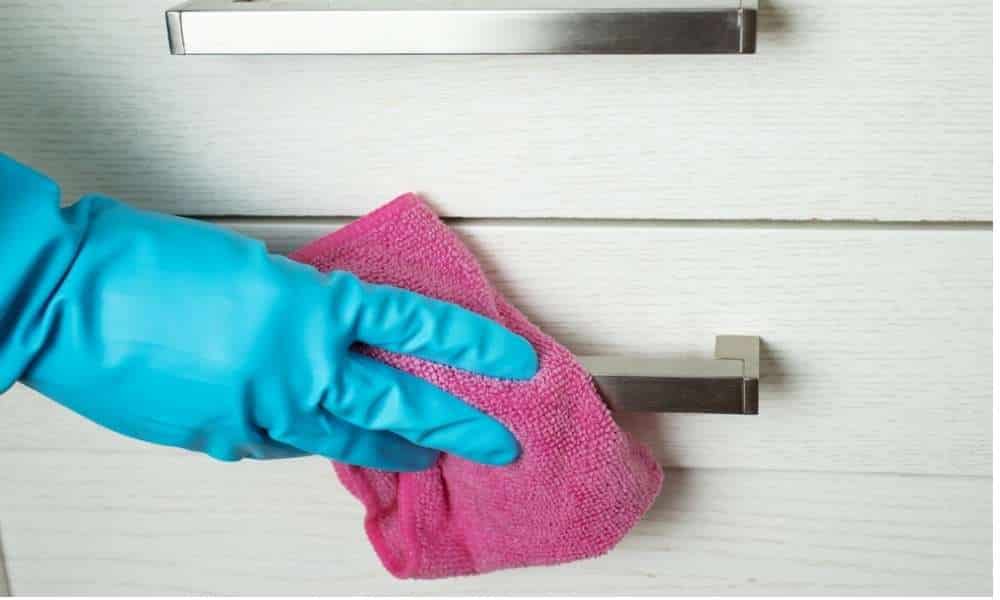An outdoor AC unit is an essential component of any home Or business that relies On air conditioning To maintain A comfortable indoor environment. However, this unit is exposed To the elements, which can lead To damage And reduced efficiency over time. Therefore, It is important To take steps To protect this To ensure it continues To function optimally. In this article, We will discuss Some effective ways To protect your outdoor AC unit And keep it in top condition.
How Do I Protect My Outside Ac Unit
As temperatures soar during the summer months, Your outside AC unit becomes A crucial component of your home’s cooling system. However, This valuable appliance Is often exposed To various elements that can quickly cause damage and lead To costly repairs Or even replacements. Fortunately, Taking proper precautions can help extend the lifespan and keep it running efficiently for years To come.
To start with, Keeping the area around this clean And free of debris is essential. The accumulation of leaves, Dirt, Grass clippings, or other outdoor elements can clog up the air filters And reduce airflow into your unit, causing it To work harder than necessary. To prevent such issues from occurring regularly cleaning up the surrounding area Is recommended.
Additionally, Protecting It from harsh weather conditions like hailstorms, Strong winds Or heavy rainfalls may Also Be beneficial in extending its life span.
Regularly Remove Debris
Regularly removing debris from your outdoor AC unit is essential To maintaining efficiency And prolonging its lifespan. Over time, Leaves, Twigs, Grass clippings, And other debris can accumulate around the unit And cause airflow restrictions. This makes it harder for the AC system to pull in air and cool your home effectively. To prevent this from happening, You should clean At least once every three months.
To start cleaning, Turn off the power supply To prevent accidents or injuries. Then remove any loose debris using A soft-bristled brush or a vacuum cleaner with a brush attachment. Be sure To clear all sides of the unit including the fins, coils, Fan blades, And surrounding area since these components impact how well it functions.
Air Conditioner Covers
In order To keep your outdoor air conditioning unit in good condition, It’s Important To invest in an air conditioner cover. These covers Are designed To protect the unit from debris And weather damage that may lead To costly repairs in the future
When choosing An air conditioner cover, Make sure you select one that is made of durable materials And is the right size for your unit. Look for covers with features like vents To promote airflow And secure straps To keep the cover in place during windy conditions.
Air conditioner covers not only help protect your AC unit from damage, But they also improve its efficiency by keeping it clean And reducing wear and tear on important components. By investing in A high-quality AC cover, You’ll ensure that your system stays running smoothly all season long.
Best Air Conditioner Cover
If you are looking for the best way To protect your outside AC unit, Then an air conditioner cover can provide the perfect solution. These covers Are specifically designed To protect your unit from external elements such as dirt, Dust, And debris that can clog up And damage the system. Moreover, they also prevent rust And corrosion caused by moisture or humidity.
There Are different types of air conditioner covers available in the market today. You can choose from full coverage models that enclose your entire unit Or partial coverage models that only shield certain parts like the fan Or compressor. Some covers come with zippers Or Velcro straps for easy access while others feature mesh vents for better air circulation. Furthermore, manufacturers typically make covers from durable materials such as vinyl or polyester, which are weather-resistant and have a long lifespan.
Use Proper Fence Or Barrier
Using proper fencing or barriers for your AC unit is crucial To ensure its longevity And performance. The air conditioning system can Be vulnerable To the weather, Debris, And even animal infestations. Investing in A quality fence or barrier will help protect from these potential hazards.
A fence or barrier can Also provide added security against theft Or vandalism. By placing A physical obstacle around your AC unit. It becomes less accessible And less of A target for unwanted attention. Additionally, Some insurance companies may require that you have A fence or barrier in place in order To qualify for coverage.
When choosing the right type of fencing Or barrier, Consider factors such as durability, visibility, And accessibility. A person may prefer a durable material like metal over wood because it can withstand harsh weather conditions and potential impacts from debris.
Keep A Distance From The Unit
Keeping A distance from your AC unit is essential for several reasons. Foremost, It contains various sharp parts, Such as blades And fins that rotate at high speed. If you get too close To the unit while it’s on. You risk injuring yourself or damaging If something gets caught in these fast-moving parts. It releases hot air through its exhaust vents. If you stand too close To it for an extended period. You are likely To feel uncomfortable heat or even burn yourself.
Another reason why keeping A distance from crucial is that it helps extend the lifespan of your equipment. By staying away from this, you prevent any accidental impact that might cause internal damage or misalignment of sensitive components within the system.
Trim Away Foliage
Trimming away foliage around is crucial for maintaining its optimal performance. Overgrown plants And trees can block the airflow, causing them To work harder than necessary And consume more energy. Additionally, Accumulated debris such as leaves, Twigs, And pollen Can clog up the air filters and reduce the overall efficiency of your system.
To begin trimming away foliage. Start by identifying Any plant or tree branches that Are within two feet of the unit. These branches should Be trimmed back to allow at least two feet of clearance all around the unit. This will ensure that there is enough space for proper ventilation And airflow. Be sure To use pruning shears or A small saw To avoid damaging nearby electrical wires or other components.
Routine Maintenance
- Clean the surrounding area: Ensure the area around the outdoor unit is free of debris such As leaves, Twigs, And grass clippings. This will prevent the accumulation of debris on the unit’s fins and coil, Which can reduce its efficiency.
- Inspect the coil and fins: Check the coil And fins for any signs of damage or corrosion. If you notice any damage, It’s Important To address it as soon as possible To prevent further damage.
- Clean the fins: Gently clean the fins with A soft brush Or a fin comb To remove any dirt Or debris that may have accumulated on them. Be careful not To bend or damage the fins, As this can reduce the unit’s efficiency.
- Check the refrigerant lines: Inspect the refrigerant lines for Any signs of damage Or leaks. If you notice any damage or leaks, It’s important to call A professional To address the issue.
- Check the electrical connections: Make sure the electrical connections Are tight and free of corrosion. Loose Or corroded connections can lead To electrical problems And potentially dangerous situations.
Professional Inspections
Professional inspections Are an essential part of maintenance. The elements are subject To wear and tear over time, Which can take A toll on their performance. A professional inspection Can help identify any potential issues before they become major problems. Saving you both time and money in the long run.
During an inspection, A technician will check all components of your outdoor AC unit including the fan motor, Coils, Refrigerant levels, Wiring connections, And more. They’ll also ensure that your system is running efficiently And Effectively To provide optimal cooling during those hot summer months. Conduct inspections At least once per year or as recommended by your manufacturer To keep your system running smoothly.
In addition To keeping your AC working properly. Regular inspections can also improve indoor air quality by ensuring that filters are clean And functioning correctly.
Checking For Damage
Regular maintenance is important, But it’s Also crucial To check for any damage. Signs of damage To look out for include bent fins, Corroded refrigerant lines, and cracks in the unit’s housing. Checking the density of the fins can also from reduced efficiency. If you notice any damage or density issues, consult with a professional to address the problem promptly. By keeping your It in good condition, you can prolong its lifespan And ensure it continues To run efficiently.
Conclusion
Do not overlook the important task of protecting your outdoor AC unit from the elements. Take the time To install A protective cover, Clean And maintain filters regularly, And schedule regular professional tune-ups. Additionally, Proper placement away from direct sunlight And other sources of heat can reduce potential problems. By taking these steps, You can extend the life of as well as minimize costly repairs And replacements in the future.





